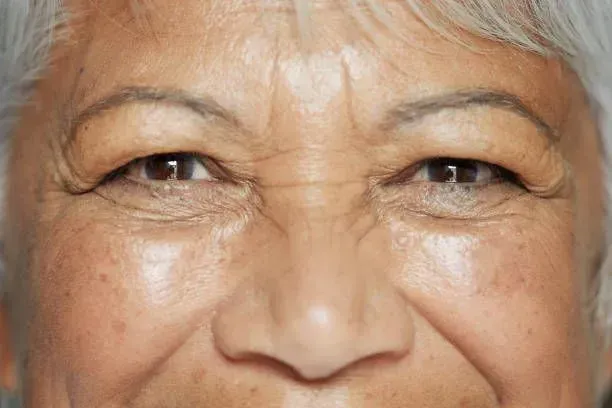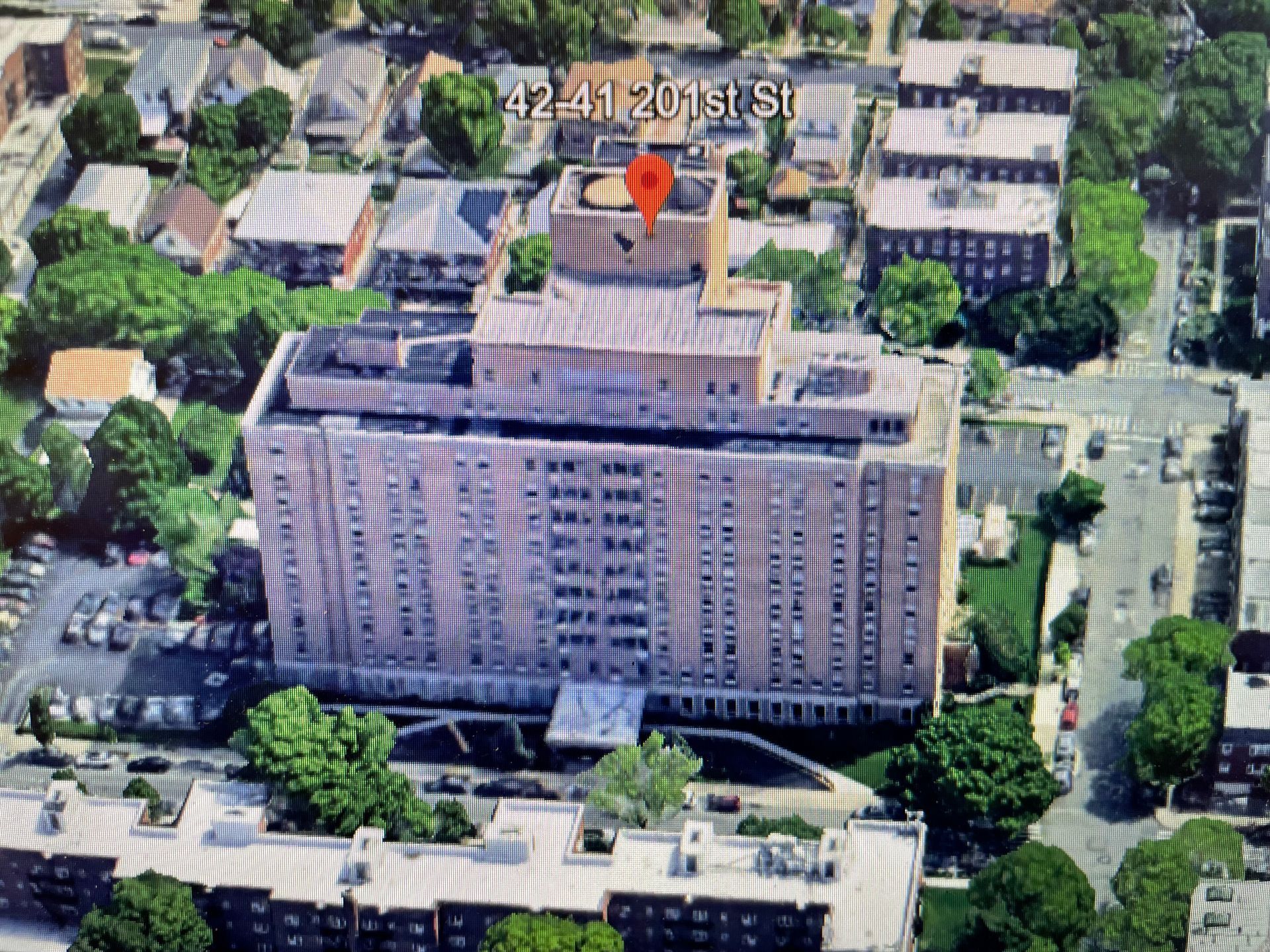What Causes Glassy Eyes in the Elderly?
What Causes Glassy Eyes in the Elderly?
Self-care plays a crucial role in managing glassy eyes in the elderly. Ensuring proper hydration, maintaining a balanced diet, and prioritizing adequate rest are essential steps to promote eye health. Regularly monitoring medications and being mindful of their potential side effects can help reduce the occurrence of glassy eyes, while staying vigilant about any signs of dehydration, fatigue, or underlying health conditions is equally important. Encouraging routine eye check-ups and practicing good eye hygiene can further prevent complications. By focusing on these self-care practices, caregivers and seniors can effectively address and manage glassy eyes, promoting overall well-being. 7 Day Home Care is licensed by the New York State Department of Health to provide home care services in Manhattan, Queens, Brooklyn, Nassau County, and Suffolk County, New York. To learn more about our home care services, please call 516-408-0034.

Have You Noticed a Change in the Appearance of an Elderly Loved One's Eyes?
A common concern for family members and caregivers of elderly individuals is noticing changes in their appearance, especially when it comes to the eyes. One such change is the development of glassy eyes. At 7 Day Home Care, we frequently receive questions about the health and well-being of older adults, and glassy eyes are a frequent topic of concern. In this article, we’ll review the various causes of glassy eyes in the elderly, why they occur, and how caregivers can address these changes.
Understanding Glassy Eyes
The term “glassy eyes” refers to a condition where the eyes appear shiny or glazed over, often reflecting light in a way that makes the person seem detached or not fully present. This can be unsettling, especially in older adults, as it might signify an underlying health issue. While glassy eyes can sometimes be harmless, in other cases, they might indicate a need for medical attention.
Let’s explore some of the most common causes of glassy eyes in the elderly.
1. Dehydration
One of the leading causes of glassy eyes in the elderly is dehydration. As people age, their sense of thirst may diminish, leading them to drink less water than their body requires. Dehydration affects the entire body, including the eyes. When the body is dehydrated, the eyes lose their moisture, resulting in a dull, glassy appearance.
Signs of Dehydration in the Elderly:
- Dry mouth
- Dizziness or confusion
- Dark urine
- Sunken eyes
- Fatigue
Preventing Dehydration:
To prevent dehydration in elderly individuals, caregivers should encourage regular fluid intake, particularly water. Including hydrating foods such as fruits and vegetables can also help maintain hydration levels. Regular monitoring of urine color and body temperature can provide early indications of dehydration.
2. Medications
Many older adults take medications for chronic conditions. Some of these medications may cause side effects that affect eye health, including dryness, blurry vision, or glassy eyes. Medications that can contribute to this issue include antihistamines, sedatives, and certain antidepressants.
Common Medications Affecting Eye Health:
- Antihistamines: Often used to treat allergies, they can dry out the eyes, leading to a glassy appearance.
- Sedatives and sleeping pills: These may relax the eye muscles and reduce tear production, causing eyes to appear glassy.
- Blood pressure medications: Some drugs used to treat hypertension can reduce the body’s ability to produce tears.
Solution:
Caregivers should monitor any side effects that may arise from medications and consult with healthcare providers to explore alternatives or adjust dosages if glassy eyes become a persistent issue.
3. Eye Infections or Allergies
Eye infections, such as conjunctivitis (pink eye), or seasonal allergies can cause the eyes to become red, irritated, and glassy. Infections in the eye can be caused by bacteria, viruses, or fungi, while allergies can be triggered by environmental factors like pollen or dust.
Symptoms of Eye Infections:
- Redness or swelling of the eyes
- Discharge from the eyes
- Sensitivity to light
- Itching or burning sensation
Preventive Measures:
Proper hygiene, such as washing hands frequently and avoiding touching the face, can reduce the risk of infections. If an elderly person develops glassy eyes along with redness, pain, or discharge, it’s essential to seek medical treatment. Allergies can be managed with antihistamines, though they might contribute to dry, glassy eyes as a side effect, as previously mentioned.
4. Cognitive Decline and Dementia
In some cases, glassy eyes may be linked to cognitive decline or neurological conditions such as Alzheimer’s disease or dementia. Individuals with these conditions often appear disoriented or unfocused, which can give the eyes a glassy or distant appearance.
Symptoms Associated with Cognitive Decline:
- Memory loss
- Confusion or disorientation
- Difficulty with speech or communication
- Withdrawal from social activities
Managing Cognitive Decline:
While there is no cure for dementia, creating a structured environment and maintaining a daily routine can help manage symptoms. If glassy eyes are accompanied by signs of cognitive decline, it’s crucial to consult with a neurologist to discuss treatment options and caregiving strategies.
5. Fatigue and Sleep Deprivation
Fatigue or a lack of sleep is another common cause of glassy eyes in older adults. As individuals age, sleep patterns often become disrupted due to factors such as chronic pain, medication side effects, or sleep disorders like sleep apnea. Insufficient sleep can make the eyes appear dull, unfocused, and glassy.
Signs of Sleep Deprivation:
- Excessive daytime drowsiness
- Difficulty concentrating
- Irritability
- Dark circles under the eyes
Solutions for Better Sleep:
Caregivers can encourage good sleep hygiene practices, such as maintaining a consistent bedtime routine, minimizing screen time before bed, and ensuring a comfortable sleep environment. Consulting a doctor to address underlying sleep disorders may also help improve sleep quality.
6. Dry Eye Syndrome
Dry eye syndrome occurs when the eyes don’t produce enough tears or the quality of the tears is poor. This can result in irritation, a sensation of grittiness, and a glassy appearance. Dry eye syndrome is common in the elderly due to reduced tear production as part of the natural aging process.
Symptoms of Dry Eye Syndrome:
- Stinging or burning in the eyes
- Sensitivity to light
- Blurred vision
- Eye redness
Treatment for Dry Eyes:
Artificial tears or lubricating eye drops can help manage dry eye symptoms. In more severe cases, prescription medications or special procedures, such as punctal plugs, may be required to maintain moisture in the eyes.
7. Hypoglycemia (Low Blood Sugar)
For elderly individuals with diabetes, hypoglycemia, or low blood sugar, can cause glassy eyes. When blood sugar levels drop too low, it can affect the brain and body’s functioning, leading to symptoms such as dizziness, confusion, and glassy eyes.
Symptoms of Hypoglycemia:
- Shakiness
- Sweating
- Dizziness or confusion
- Weakness
- Blurred or glassy vision
Managing Hypoglycemia:
Elderly individuals with diabetes should have their blood sugar levels monitored regularly. If signs of hypoglycemia are present, consuming a small snack or glucose tablets can quickly raise blood sugar levels. A balanced diet and proper medication management are essential for preventing these episodes.
8. Substance Use or Alcohol Consumption
Occasionally, glassy eyes can be a result of substance use or alcohol consumption. While this might be more associated with younger individuals, it can also affect the elderly. Alcohol and certain drugs can cause the eyes to lose their moisture, resulting in a glassy appearance.
Signs of Alcohol or Drug Influence:
- Slurred speech
- Unsteady movements
- Confusion
- Drowsiness or lethargy
Addressing Substance Use:
If substance or alcohol use is suspected, it’s important to approach the situation with care and seek professional help if needed. Addiction specialists or healthcare providers can offer resources and support for those struggling with substance use.
9. Neurological Conditions or Stroke
Glassy eyes may also signal a more serious neurological issue, such as a stroke. A stroke can cause sudden changes in the brain, which may manifest as glassy or unfocused eyes, among other severe symptoms.
Stroke Symptoms:
- Sudden numbness or weakness in the face, arm, or leg, especially on one side of the body
- Confusion or trouble speaking
- Trouble seeing in one or both eyes
- Difficulty walking, dizziness, or loss of balance
Action to Take:
A stroke is a medical emergency, and immediate action is necessary if these symptoms are observed. Call emergency services immediately and ensure the person receives medical attention as quickly as possible.
Caring for Elderly Individuals with Glassy Eyes
At 7 Day Home Care, we understand how unsettling it can be to notice changes in your loved one’s appearance, especially when it involves their eyes. While glassy eyes can be a harmless sign of fatigue or dehydration, they can also indicate more serious health conditions that require attention.
As caregivers, it’s important to observe and address any changes in the elderly’s eye health. Regular check-ups with healthcare providers, proper hydration, medication management, and creating a safe and structured environment are key steps to ensuring their well-being.
If you or your loved one is experiencing glassy eyes along with other concerning symptoms, don’t hesitate to reach out to a healthcare professional for guidance and support. Early detection and proper management can greatly improve quality of life for elderly individuals, helping to address potential health issues before they become more serious.
The information provided in this article by 7 Day Home Care is for educational purposes only and should not be considered medical advice. While we aim to offer accurate and up-to-date information, this content is not intended to diagnose, treat, or prevent any medical conditions. Always consult with a qualified healthcare professional regarding any concerns or changes in the health or well-being of your loved one. The services mentioned, including caregiving and health management, should be discussed with your doctor to ensure they are appropriate for individual needs.
At 7 Day Home Care, we are committed to providing compassionate, comprehensive care for seniors. From ensuring proper hydration and medication management to addressing cognitive decline and sleep concerns, our dedicated team is here to help.
For more information or to learn more about our services, please call us at 516-408-0034. Let us help you and your loved one enjoy a healthier, more comfortable life.
Brian Callahan
7 Day Home Care

Living With Parkinson’s Disease: How In-Home Care Helps Seniors Stay Safe, Independent & Comfortable









